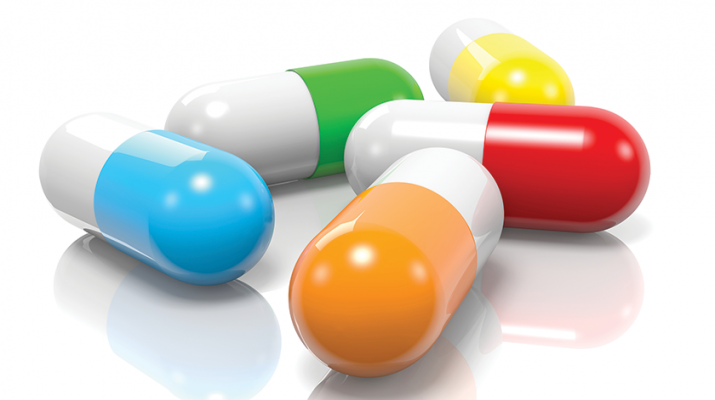Experts talk about how dispose of medication properly
By Deborah Jeanne Sergeant
Does your medicine cabinet contain leftover prescription medication? It’s best to get rid of it as soon as possible. Medication loses efficacy over time, so it won’t help you eventually.
Plus, medication taken incorrectly by someone else could cause serious health problems should it fall into the wrong hands. Any guest in your home could help himself to a prescription you don’t take anymore — and you likely would not even notice since you don’t take it regularly.
“Proper disposal of prescription medications can help to decrease the chance of those medications being taken by someone that they were not intended for and also help to remove the household risk of accidental ingestion by children or pets,” said Adele Battaglia, lead pharmacist at Sisters Hospital, St. Joseph Campus in Cheektowaga.
Numerous scenarios could result in people taking unwanted drugs from your home. If you’re trying to sell your home, people viewing it during an open house could rifle through your medicine cabinet. A curious grandchild or his friends may help themselves. Or what about guests at your dinner party or a person working on your home who uses the bathroom? Even “nice” people you feel you know pretty well may secretly struggle with a drug problem.
“You may contribute to drug abuse if you don’t dispose of medication properly,” said Tyler Murtha, an intern at Black Rock Pharmacy in Buffalo.
Ideally, you should store medication in a locked cabinet and get rid of unused medication. As valuable as medication can be, only keep on hand what you need to take. Don’t stockpile medication you don’t take.
Formerly, the New York Department of Health advised flushing unwanted prescriptions. But water treatment facilities cannot completely prevent traces of some medications from entering streams and rivers and contaminating them.
“If you absolutely have to use the trash, they encourage patients to put medication with something undesirable like cat litter or coffee grounds so someone can’t pick through the trash and take them,” said Maryann Closson, staff pharmacist at Union Medical Pharmacy in Buffalo.
In light of the prescription drug abuse problem, developing secure places to drop off drugs provides a safe way to get rid of unwanted medication.
“Drug drop offs at pharmacies or police stations are ideal, rather than going into the garbage where who knows who could be picking through it,” said Murtha, the intern at Black Rock Pharmacy. “Some put it in coffee grounds, but we don’t advise it.”
Desperate drug abusers or pets may still ingest medication from the trash.
Not all pharmacies can take back prescription drugs. That’s why counties throughout New York host drop-off events at various locations and maintain permanent drop-off locations.
Sisters Hospital participates in the DEA (Drug Enforcement Administration) take-back program. The next take-back day is scheduled for Oct. 22.
For Erie County, visit http://www2.erie.gov/sheriff/index.php?q=drug-dropoff-box-info or call 716-858-7695 to learn about the 18 locations where you can drop off unwanted medication, including syringes.
In each county, the New York State Department of Health has established secure drop boxes for unwanted prescriptions. (Visit www.health.ny.gov/professionals/narcotic/medication_drop_boxes to find one near you.)
Most drop-off locations require medication still in its original containers; however, you can black your personal information from the label. Unwanted medication collected at these sites is destroyed by incineration off-site.

